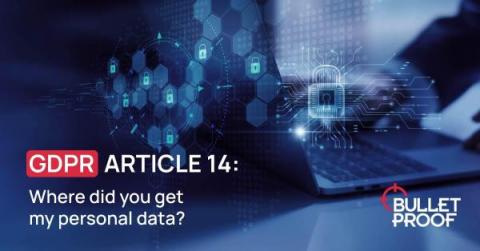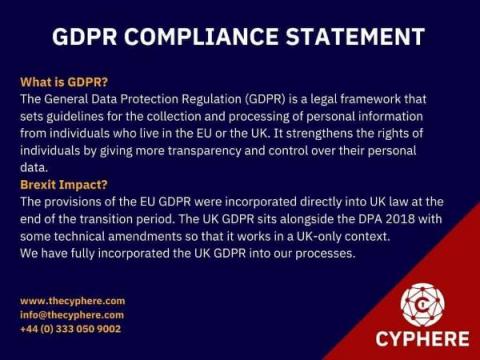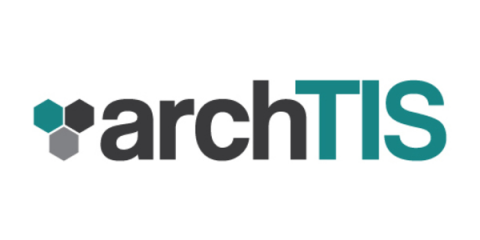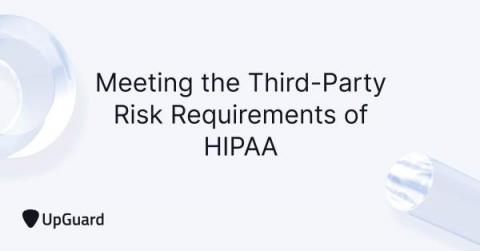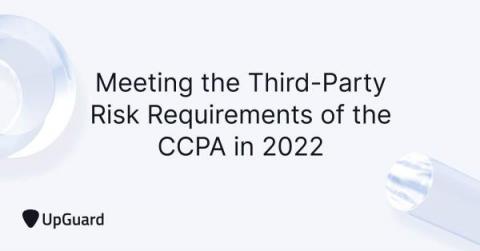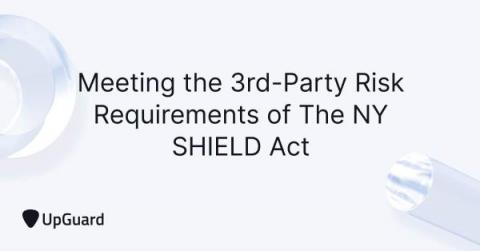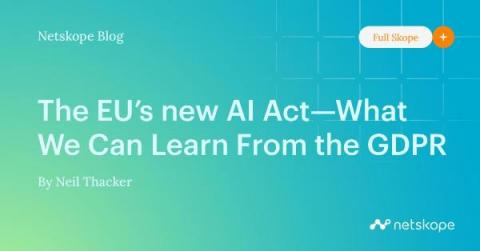GDPR ARTICLE 14: Where did you get my personal data?
Articles 13 and 14 of the GDPR state that information must be provided where personal data has been obtained directly from a data subject, or where personal data has not been collected directly from the data subject, respectively.


